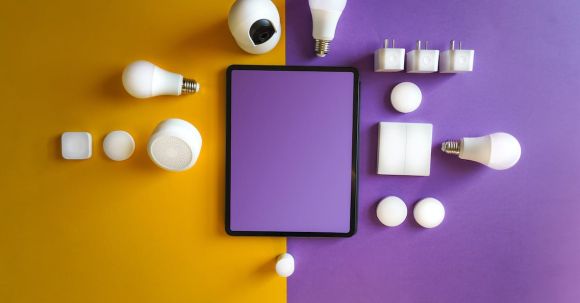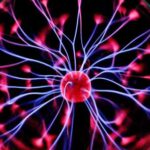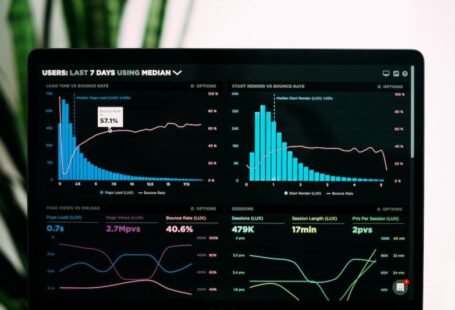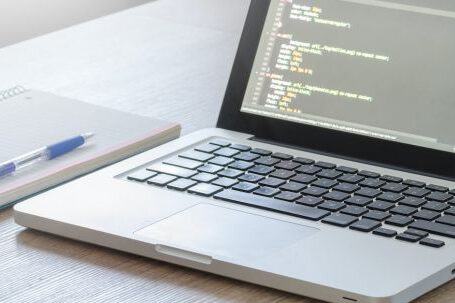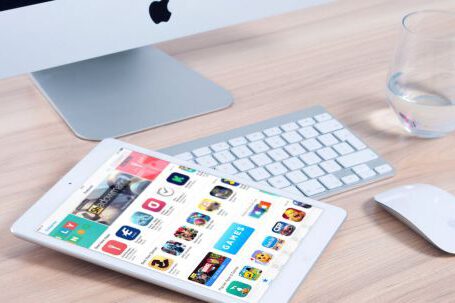The Internet of Things (IoT) has revolutionized various industries, and healthcare is no exception. With the increasing demand for efficient and accurate healthcare monitoring, IoT has emerged as a game-changer in this field. This article explores the ways in which IoT is influencing the evolution of healthcare monitoring.
Enhanced Connectivity and Remote Monitoring
One of the significant impacts of IoT on healthcare monitoring is the enhanced connectivity it provides. IoT devices, such as wearables and sensors, can collect and transmit patient data in real-time, enabling healthcare providers to remotely monitor their patients. This eliminates the need for frequent hospital visits and allows patients to receive continuous care from the comfort of their homes. Moreover, doctors can access this data instantly, enabling them to make timely and informed decisions.
Improved Patient Care and Safety
IoT in healthcare monitoring has significantly improved patient care and safety. By continuously monitoring vital signs, such as heart rate, blood pressure, and oxygen levels, IoT devices can detect any abnormalities or emergencies promptly. This early detection allows healthcare professionals to intervene quickly, potentially preventing life-threatening situations. Additionally, IoT devices can provide personalized care plans based on individual patient data, ensuring that patients receive tailored treatments.
Efficient Resource Management
IoT has also contributed to more efficient resource management in healthcare settings. By automating data collection and analysis, IoT devices reduce the burden on healthcare professionals, enabling them to focus on providing quality care. Moreover, IoT devices can track the usage of medical equipment and supplies, optimizing their utilization and reducing wastage. This not only improves patient care but also helps healthcare organizations save costs.
Real-time Data Analytics
Another significant way in which IoT is influencing healthcare monitoring is through real-time data analytics. By collecting vast amounts of patient data, IoT devices enable healthcare providers to analyze trends and patterns, leading to valuable insights. These insights can help in early disease detection, improving treatment outcomes, and making evidence-based decisions. Additionally, real-time data analytics can facilitate predictive analysis, allowing healthcare organizations to anticipate and prevent potential health issues.
Challenges and Considerations
While IoT presents numerous opportunities for healthcare monitoring, it also comes with its own set of challenges and considerations. One major concern is the security and privacy of patient data. With the increasing number of connected devices, there is an increased risk of data breaches and unauthorized access. Healthcare organizations must implement robust security measures to protect patient information and comply with privacy regulations.
Furthermore, the interoperability of different IoT devices and systems remains a challenge. As healthcare providers adopt various IoT technologies, ensuring seamless integration and communication between these devices becomes crucial. Standardization efforts and interoperability frameworks are necessary to overcome this challenge.
Conclusion: The Future of Healthcare Monitoring
IoT has undoubtedly transformed healthcare monitoring, providing enhanced connectivity, improved patient care, efficient resource management, and real-time data analytics. As technology continues to advance, the potential for IoT in healthcare monitoring is vast. With the integration of artificial intelligence and machine learning, IoT devices can become even more intelligent and proactive in providing personalized healthcare solutions. However, addressing security and interoperability challenges will be crucial to unlock the full potential of IoT in healthcare monitoring. As healthcare continues to evolve, IoT will remain at the forefront, shaping the future of healthcare monitoring for the better.
